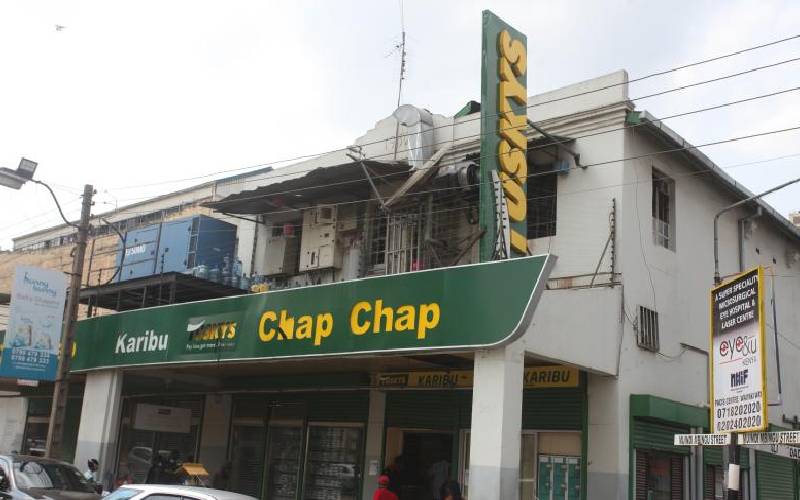×
The Standard e-Paper
Fearless, Trusted News

Tuskys Supermarket branch on Muindi Mbingu Street, Nairobi. [Wilberforce Okwiri, Standard]
Tuskys might have finally run out of luck. In several of its retail branches, the shelves are empty. And where they are not, behind the neat row of immaculately arranged products where you would usually see additional goods, there is only hollow space.